
Modern Orthodoxy Under Attack
{more on Noah Bar Kamtza, see below}
Noah Feldman's intimate critique in the Times seen as raising the question of how to deal with Jews who marry out
Gary Rosenblatt - Editor And Publisher
However tempting, it would be a mistake to dismiss Harvard Law professor Noah Feldman’s personal and pointed critique of Modern Orthodoxy in The New York Times Magazine last Sunday (“Orthodox Paradox”) as merely The Big Kvetch.
His essay, sure to provide fodder for numerous sermons this Shabbat, is a long and bitter complaint that despite his numerous and remarkable professional accomplishments, he has been snubbed by the Brookline, Mass., yeshiva high school from which he graduated with honors in the 1980s.
Despite the fact that Feldman was
valedictorian of his class at Harvard, a Rhodes Scholar and Truman Scholar who completed his doctorate at Oxford in record time and went on to help craft the Iraqi constitution, he and his then-girlfriend were literally
cropped out of a reunion picture of Maimonides School graduates published in the alumni newsletter some years ago, and none of the personal updates he has sent in since have been published. Why? Because the girlfriend — now wife — is Korean-American. Not Jewish.
And Feldman, who aptly describes the yeshiva’s goals of “reconciling the vastly disparate values of tradition and modernity” as seeking to combine “Slobodka and St. Paul’s,” maintains that he has been rejected by his community despite the fact that he has “tried in my own imperfect way to live up to values that the school taught me, expressing my respect and love for the wisdom of the tradition while trying to reconcile Jewish faith with scholarship and engagement in the public sphere.”
Poor Noah, one may think on first read. How primitive and unfair for his former yeshiva to refuse to publicly acknowledge his successes.
But as one continues to read Feldman’s essay, we see that it is he who is unfair in expecting to be lauded by a community whose values he has rejected and in crafting an intellectually dishonest case for himself.
Still, the implicit and more lasting question raised by the essay is how should the Jewish community in general, and the Orthodox community in particular, deal with Jews who have married out?
Sending a message to our children that we deeply value in-marriage for social, religious and communal reasons is all well and good, but what do we do after the fact, once they’ve chosen a non-Jewish partner and conversion is not a part of the conversation?
Unfair Arguments
As for Feldman’s arguments, in insisting that Maimonides himself, the 12th century rabbinic scholar and philosopher, believed that knowing the world was the best way to know God, he ignores the fact that it was Maimonides who codified Jewish law, established the 13 principles of faith, and insisted on adherence to halacha.
Feldman then goes on at some length to cite Jewish law’s tensions over violating the Sabbath to save the life of a non-Jew. But he fails to mention that the dispute is Talmudic, not practical; no Modern Orthodox doctor would hesitate to treat a non-Jew on the Sabbath.
Perhaps most upsetting, and unjust, the only allegedly Modern Orthodox Jews Feldman describes in his essay besides Sen. Joseph Lieberman are Yigal Amir, the assassin of Yitzchak Rabin, and Baruch Goldstein, the American-born physician who murdered 29 Arabs in Hebron in 1994. The two are cited as examples of men who took Jewish imperatives to their logical conclusion by committing murder.
“That’s like judging the peacock by its feces,” noted Rabbi Saul Berman, a scholar and former head of Edah, an organization that promoted Modern Orthodox values.
Indeed, no serious Modern Orthodox Jew is unaware of the tensions between upholding the Torah law and recognizing the values and benefits of Western democratic ideals. Rabbi Berman credits Feldman with pointing out the need to explore such tensions, which when unrecognized or out of balance can produce an Amir of Goldstein, “but it’s not fair to judge the system” by such aberrations, he maintains.
Psychic Pain
In the end, Feldman’s essay is less about Modern Orthodoxy than about his own psychic pain over being rejected. He wants it all: to be embraced if not applauded by the Jewish community whose values he has discarded by marrying out.
As Rabbi Jacob J. Schacter, senior scholar at Yeshiva University’s Center for the Jewish Future, noted in a letter sent to The Times, “fealty to Jewish tradition requires more than a ‘mind-set’ expressing ‘respect and love’ for its teachings; it presupposes certain fundamental normative behaviors. America is a country of choices, but choices have consequences and not every choice is equal. It is unrealistic for Mr. Feldman to expect to maintain good standing in a community whose core foundational behavioral — as well as value — system he has chosen to reject.”
Judaism is not alone in this attitude. Witness, for example, the Catholic Church’s discomfort with former Mayor Rudolph Giuliani, a divorced Catholic who favors abortion rights, or any religious faith’s attitudes toward members who publicly violate its tenets.
But Rabbi Shmuley Boteach, author and television personality (“Shalom in the Home”), cautions against alienating some of our best and brightest Jews who marry out. Rabbi Boteach has been a friend of Feldman’s since he served as a rabbi at Oxford University where Feldman studied for two years in the early 1990s. In an essay in the Jerusalem Post this week, Rabbi Boteach says that in addition to the “ethical and humanitarian considerations” regarding ostracizing those who intermarry, the approach is ineffective, with intermarriage rates so high.
He argues that the community has a far better chance of winning over the non-Jewish spouse and the Jewish partner through welcoming behavior rather than shunning the couple.
This inreach vs. outreach debate has been part of the American Jewish landscape for a number of years, but there are those who suggest a more nuanced approach.
“There is a difference between a personal and a communal response to intermarrieds,” noted one Jewish educator who knows Feldman from Maimonides School. It’s one thing, he said, to have a personal relationship (and one wonders if Feldman would have felt less hurt if someone from the alumni office had explained the decision not to print his picture). “But for the school not to crow about a graduate who married out — how could he think otherwise?”
Cropping Feldman and his wife out of the photo was “unconscionable,” according to Steven Bayme, national director of contemporary Jewish life at the American Jewish Committee and a graduate of Maimonides School. But he noted that even Feldman acknowledged every minority group requires boundaries to maintain and preserve its own identity and that marrying out is viewed with disfavor by every denomination of Judaism.
“The price for the individual may be tragic,” Bayme said, “but the loss is far more destructive for the community in terms of cultural distinctions and communal cohesion if you remove the boundaries.”
Irreconcilable Issue
What Feldman’s essay points up is that intermarriage is the irreconcilable issue for those who argue that American and Jewish values are compatible. “We’ve sold a lot of Jews a bill of goods when we’ve told them there are no contradictions between being a good Jew and an American,” noted Jonathan Sarna, a professor of American Jewish history at Brandeis University. “In America you are taught you can marry anyone you fall in love with, but Judaism argues that we are a minority culture and will only survive if Jews marry other Jews.”
Sarna chairs an American Jewish Committee task force on attitudes toward non-Jews in the community, and asserts that with an estimated 1.7 million non-Jews living in Jewish households — to put it another way, about 23 percent of those living in Jewish households are not Jewish — this is “a very important debate” for the community to engage in.
Citing the “magnitude” of the issue and the “bitterness that drips out” of Feldman’s essay, Sarna suggests that perhaps it is time for the community to reconsider ways to draw people in rather than ignore or shun them, especially when there are indications that many non-Jews are supportive of raising their children as Jews.
Others would argue that the community already has tilted so far toward outreach and acceptance of non-Jews that there is little incentive left for them to convert to Judaism.
What Noah Feldman has done, consciously or not, is raise some important issues, less about his old yeshiva and Modern Orthodoxy per se than about dealing with Jews who do not see marrying out as leaving the fold.
Conversion is the most obvious and desired solution, but for those who eschew that option, we need to explore ways to encourage their positive exposure to Jewish life.
Feldman would argue that just because he intermarried does not mean he chose to separate himself from his heritage. But being Jewish means not only incorporating the values and traditions, but also remaining part of a community.
For all of Feldman’s candor in the essay, he has nothing to say about where he fits into the community, if at all; whether he wanted his wife to convert; whether they are raising their children as Jews or not; or his feelings about all this. He only owes us such information if he wants our understanding and empathy, which clearly he does.
He does owe Modern Orthodoxy an apology for pinning it with his anger over rejection, knowing full well the rules of engagement. But we in turn owe him a sense of gratitude for a wake-up call, however unpleasant, about the need to struggle more deeply and honestly with the moral and religious tensions and contradictions in Modern Orthodoxy that can never be reconciled, and about learning how to deal more sensitively with those on the outside who may be calling out — in anger and loneliness — for a way back in.
E-mail: Gary@jewishweek.org
















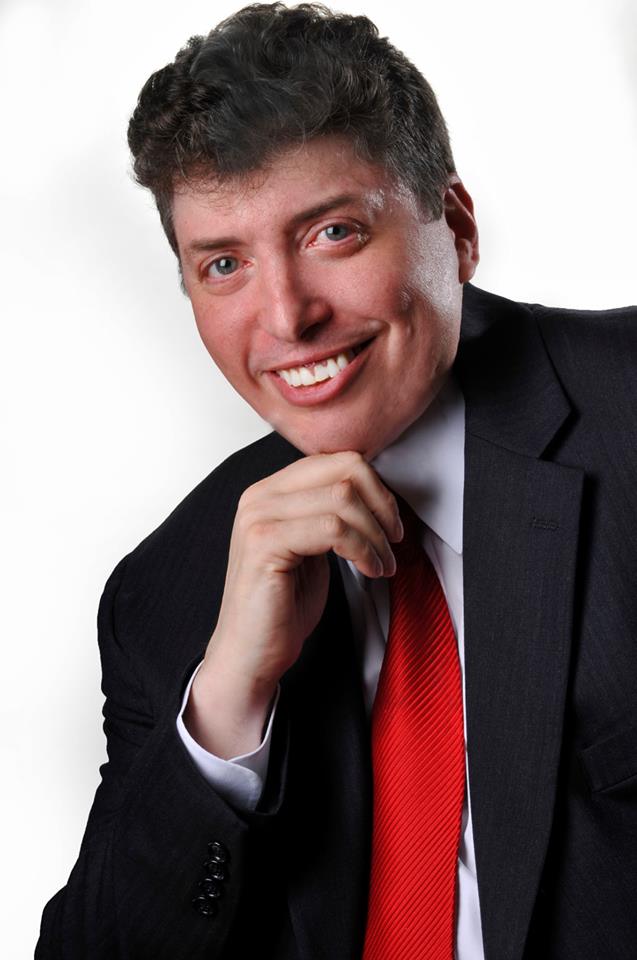



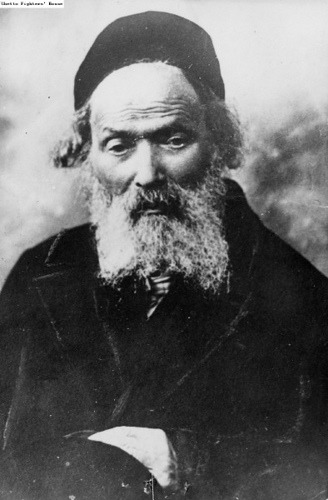
















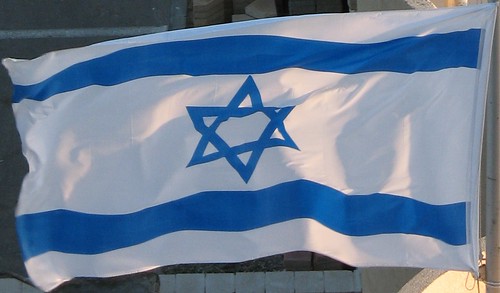
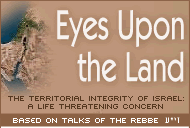




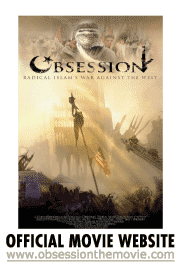












0 comments:
Post a Comment